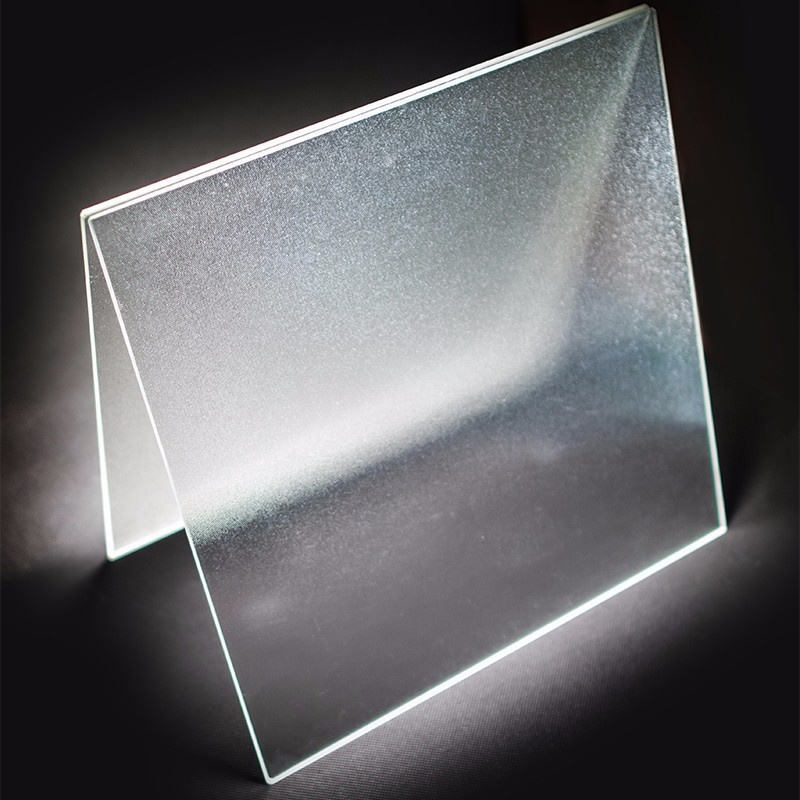

The Allure of Black Float Glass A Blend of Aesthetics and Functionality
Black float glass, a striking building material, has gained prominence in the architectural and design industries due to its unique aesthetic qualities and practical advantages. Made through a process that involves floating molten glass on top of molten tin, black float glass achieves a smooth, flat surface with an appealing dark hue that can enhance any design project.
Aesthetic Appeal
One of the primary reasons for the popularity of black float glass is its stunning appearance. The deep, rich black color creates a sense of elegance and sophistication, allowing it to be used in various settings, from residential homes to commercial buildings. Black float glass can add a contemporary touch to any design, reflecting light beautifully and creating a modern ambiance.
Architects and designers often use black float glass as a contrast to lighter materials. The interplay between light and dark can create dynamic visual environments. Whether used as windows, facades, or interior partitions, black float glass can enhance the beauty of a space while providing depth and complexity to the overall design.
Functional Benefits
In addition to its visual appeal, black float glass offers several functional benefits. One of the most significant advantages is its ability to block UV rays. This feature helps protect interior spaces from sun damage, preserving the colors and quality of furnishings, artwork, and flooring. This makes black float glass an ideal choice for museums, galleries, and retail spaces where aesthetics are paramount.

Black float glass also contributes to energy efficiency. When used in windows, it can reduce heat gain from sunlight, helping to maintain comfortable indoor temperatures and potentially lowering energy bills. This energy-efficient quality is increasingly valuable as more individuals and organizations seek sustainable building practices.
Durability and Versatility
Another compelling aspect of black float glass is its durability. Produced under rigorous quality control measures, it is resistant to chips and scratches, making it suitable for both indoor and outdoor applications. This resilience enhances its appeal in environments that demand longevity and minimal maintenance.
Furthermore, black float glass is versatile in terms of design applications. It can be cut into various shapes and sizes, making it suitable for everything from sleek tabletops to innovative facade systems. Designers can easily incorporate it into cabinetry, shelving, and bathroom fixtures, allowing for a cohesive look throughout a project.
Conclusion
Overall, black float glass stands out as a material that combines aesthetic beauty with practical functionality. Its striking appearance makes it a favorite among architects and designers, while its practical benefits, such as UV blocking and energy efficiency, make it a sound choice for modern construction and renovation projects. As trends in design continue to evolve, the allure of black float glass is likely to remain strong, underscoring its position as a classic yet contemporary choice for a wide range of applications.
In a world where design is increasingly focused on sustainability, beauty, and functionality, black float glass embodies the ideal fusion of these elements, making it a preferred material in today’s architectural landscape. Whether used in residential or commercial designs, its unique characteristics will continue to inspire innovative creations for years to come.